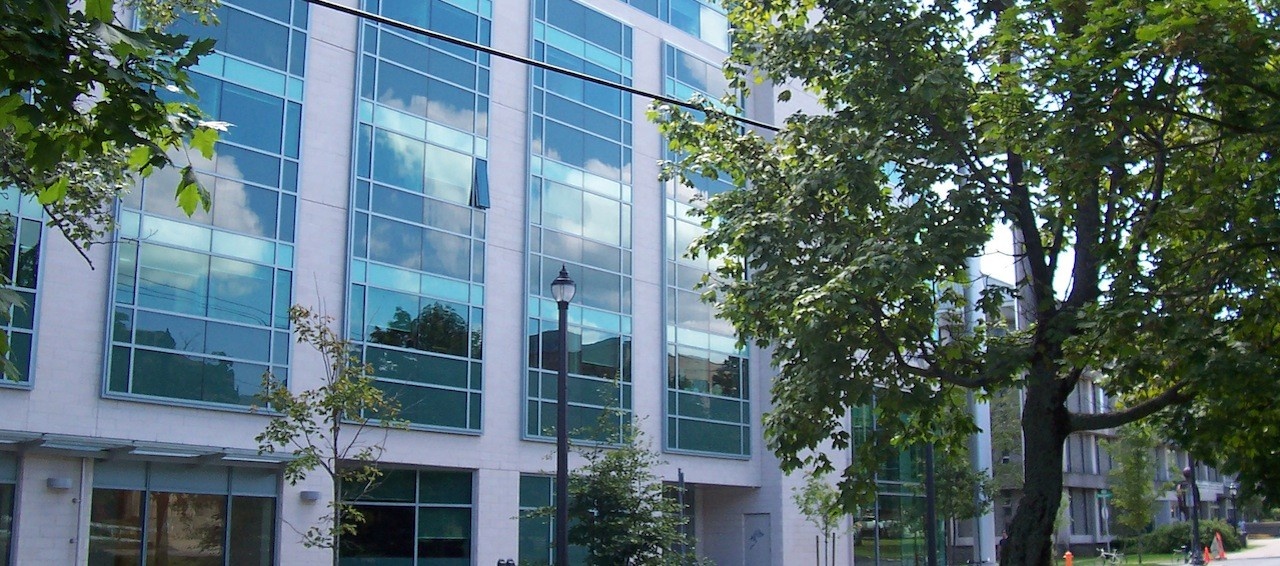Current MES Students
ÌýÌýÌýÌý
First-year Students
|
||||
| Student Name | Supervisor | Research Interests | ||
| Sophie Boardman | Melanie Zurba | Governance and relationship building within protected areas, particularly Indigenous Protected and Conserved Areas (IPCAs). Also the changing conservation paradigm towards decolonizing and what this shift looks like across Canada and at the international level. | ||
| Celia Konowe | Tony Walker | Microplastic pollution and the impacts on freshwater ecosystems. | ||
| Kristin Levy | Andrew Medeiros | Interested in how nature-based solutions to climate change adaptation can be implemented at a local level in Nova Scotia; and ecosystem based planning/bioregionalism. | ||
| Shaylyn Lewis | Tony Walker | Developing a sustainable antibiofouling solution to help create a greener future, a stable marine environment, and a healthy planet that can support the many generations come. | ||
| Ali MacKellar | Alana Westwood | Queers, Closets, and Mancamps: Understanding resource extraction projects' impacts on 2SLGBTQQIA+ communities. | ||
| Annabe Marquardt | Andrew Medeiros | Environmental stressors, such as climate change, permafrost thaw and road dust and their impact on the biology of Artic freshwater lakes in the Northwest Territories.Ìý | ||
| Aden Morten-Ferguson | Melanie Zurba | Interested in humanizing environmental issues and capturing authentic voices/experiences of Indigenous communities and organizational partners. Also interested in the current international frameworks of environmental governance and to seek opportunities for inclusion. | ||
| Paria Movaghati-Nashta | Kate Sherren | Social dimensions of environmental conservation and restoration, participatory environmental management, environmental justice, and ecosystem services and relational values. | ||
| Emily Snair | Kate Sherren | Perceptions of environmental change, socio-environmental impacts of renewable energy technology, and sustainable planning for rural communities. | ||
| Hannahy Vonberg | Tony Walker | Microplastics pollution (and remediation thereof) in freshwater ecosystems. | ||
| Ìý | Ìý | Ìý | ||
Second-year Students |
||||
| Student Name | Supervisor | Research Interests | ||
| Morgan Brimacombe | Melanie Zurba/David Busolo | Research focus is on wellbeing and nature-based programs with newcomers. Other interests include community engagement, arts-based approaches, and climate-related grief and hope. | ||
| Emma Bugg | Tarah Wright | Interested in exploring the intersections of art, climate change, and environmental sustainability. As part of a collaborative project, her research will contribute to the development of a qualitative impact framework to better understand the civic impact of the arts. | ||
| Tyler Doucet | Peter Duinker | My research interests lie primarily at the intersection of urban forest resilience, municipal forest management and participation in environmental governance. | ||
| Holly Giacomodonato | Peter Tyedmers | Filing gaps in fisheries life cycle assessment studies | ||
| Ahmad Hameed | Melanie Zurba | Environmental justice and equity, global indigenous governance, community engagement and participation, climate change policy. | ||
| Kathleen Hipwell | Andrew Medeiros | Impacts of residential development on lakes. | ||
| Samantha Howard | Kate Sherren | Interested in the social and cultural aspects of climate change adaptation strategies in coastal areas which are at higher flood risk, and areas of resistance to these adaptation strategies, as well as experimental exploration of how people can be primed in order to reduce resistance to these measures. |
||
| Amber LeBlanc | Tony Walker | Abundance and sources of microplastics in American lobster within Atlantic Canada. | ||
| Daniel Saunders | Tony Walker | Assessment of microplastics in wild and cultured blue mussels in Nova Scotia. | ||
| Riley Scanlan | Alana Westwood | Modelling landscape connectivity in Unama’ki (Cape Breton), Nova Scotia, using both a western and biocultural approach. | ||
Ìý
